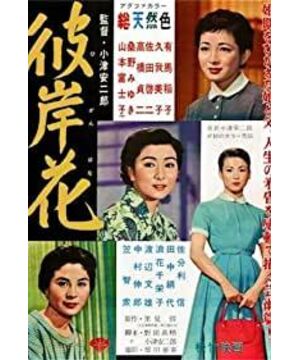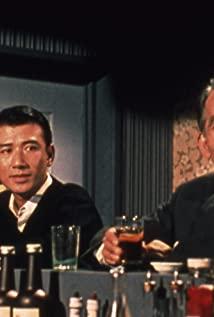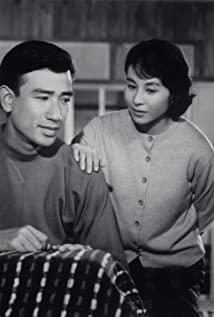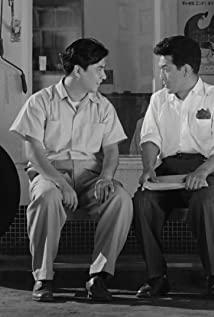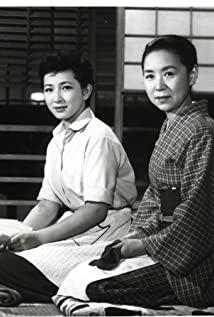After watching these two films, I probably understood the theme of Yasujiro Ozu's works: most of the descriptions are about the problems faced by young Japanese women and their families when they reach the age of marriage. Certain attitudes of the Japanese towards war. Because it is an earlier work, I believe that these works were very inspiring to young men and women at that time.
Hirayama, the father of "The Taste of Saury", represents most of the fathers who silently care for their children. Compared with the father in "The Flower of the Other Side", he is more tolerant of children and not authoritarian. The ending seems to be happy. Although Miss Luzi didn't marry the Miura she likes, the blind date seems to be a good one. The whole film makes me happy.
Relatively speaking, I prefer "The Flower of the Other Side", she has more dramatic conflicts and more distinctive character characteristics. Setsuko and Sasaki Sachiko in the film are both women who yearn for freedom, desire to fly, and hope to marry and be independent. This desire, however, challenges the authority of fathers. These autocratic fathers generally believe that their children's marriage should be decided by themselves, and do not allow their children to entrust their lives to others privately. But in the end, the naughty and lovely Sachiko helped Setsuko, she tactfully made Setsuko's father reluctantly agree to the marriage of Setsuko and Taniguchi, and finally tactfully resolved the contradiction and unhappiness between the father and daughter.
It may be because of seeing his own shadow in the play that he likes "The Flower of the Other Side" so much. Before Setsuko got married, the words of apology to her mother made me feel guilty. In fact, parents all over the world think of their children, but both sides have some prejudice or superiority, which makes many things embarrassing and difficult to overcome.
The other side is, after all, a place full of suspense and attraction. I go all the way and never stop. Even if there is a fault, it is an unintentional fault; even if there is a mistake, there is no resentment.
View more about Equinox Flower reviews


